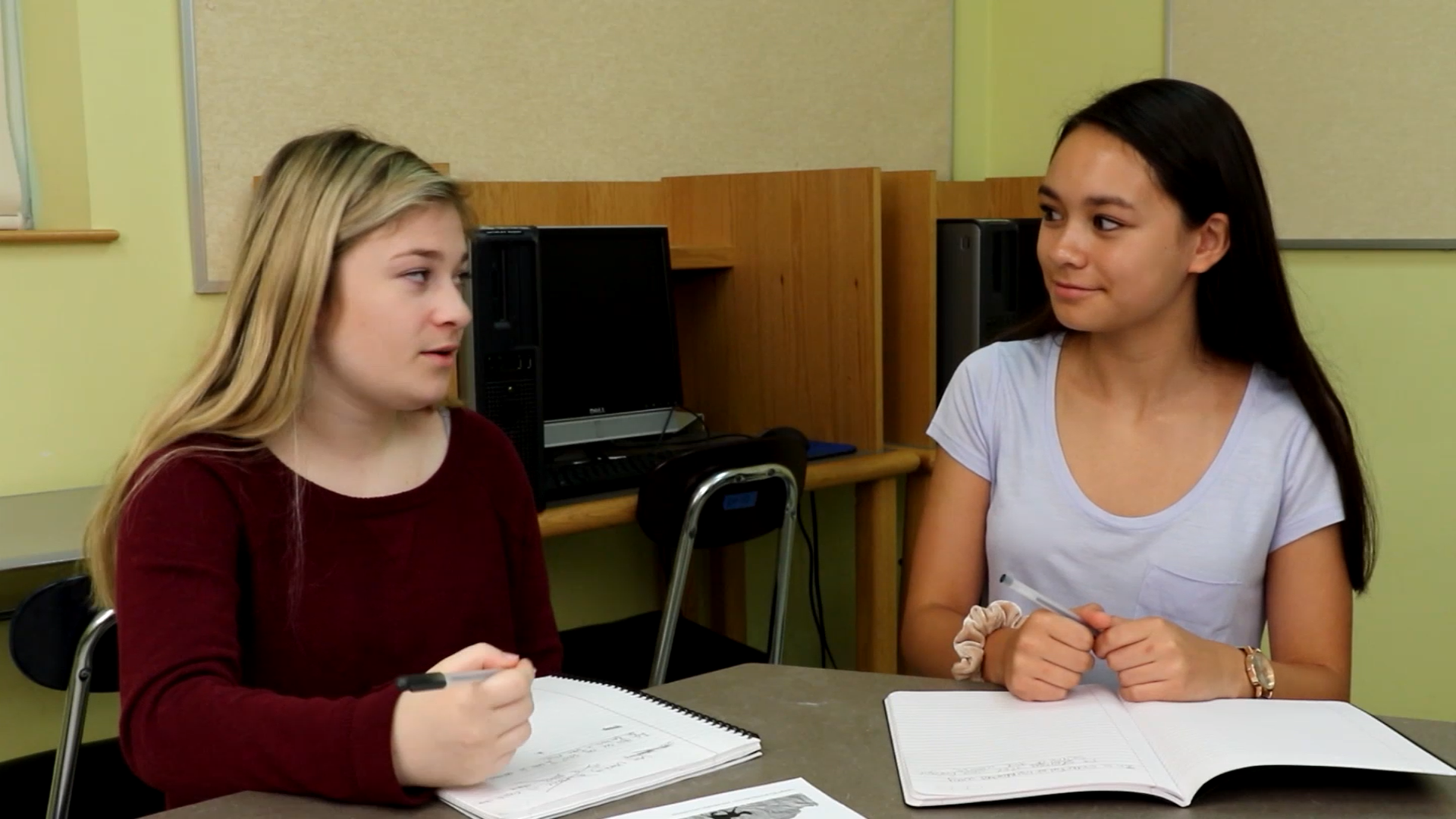
Introduction
In a world where honesty is highly valued, it’s essential to teach our students the importance of being truthful while also being mindful of others’ feelings. This blog post will explore a Social-Emotional Learning activity tailored for middle school educators to help students understand the difference between being honest and being too honest, and how to navigate such situations.
No-Prep Activity: The Honesty Balancing Act
This no-prep activity requires no materials or preparation from the educator. Here’s how it works:
- Divide the class into pairs.
- Each pair will take turns sharing a scenario where one student has to be honest with the other.
- The student sharing the scenario should think of a situation where honesty is important but might hurt the other person’s feelings.
- The partner should respond to the scenario by practicing honesty while being mindful of the other person’s feelings.
- After each scenario, the pair should discuss whether the response was honest, too honest, or not honest enough.
This activity encourages students to think critically about the impact of their words and helps them practice balancing honesty with empathy.
Discussion Questions
- Why is it important to be honest with others, and how can we balance honesty with being mindful of their feelings?
- Can you think of a time when someone was too honest with you? How did it make you feel, and what could they have done differently?
- What are some strategies to be honest without hurting someone’s feelings or causing unnecessary harm?
- How can we determine whether a situation requires honesty or if it’s better to keep our thoughts to ourselves?
- Why is it important to consider the other person’s feelings and the potential impact of our words before speaking?
Related Skills
Teaching students to balance honesty with empathy is just one aspect of Social-Emotional Learning. Other related skills that can help students develop strong relationships and navigate social situations include:
- Active listening
- Empathy and understanding
- Effective communication
- Conflict resolution
- Respecting others’ boundaries
Next Steps
Are you eager to explore more activities and resources to help your students develop these essential Social-Emotional Learning skills? Sign up for free samples of the discussed skill and others at Everyday Speech.

